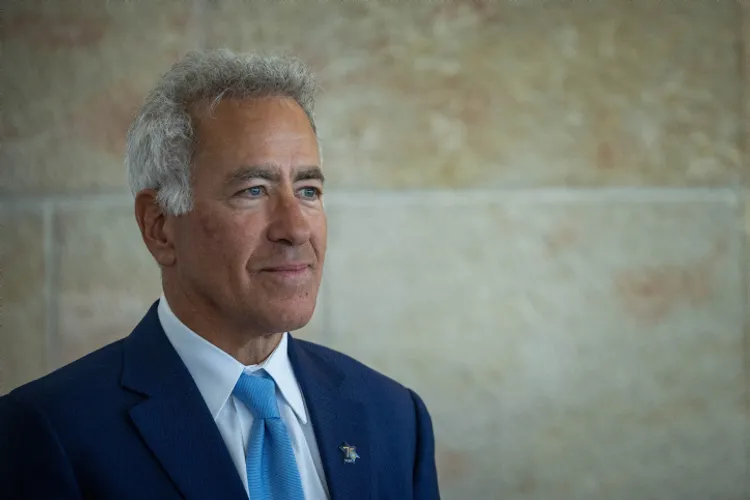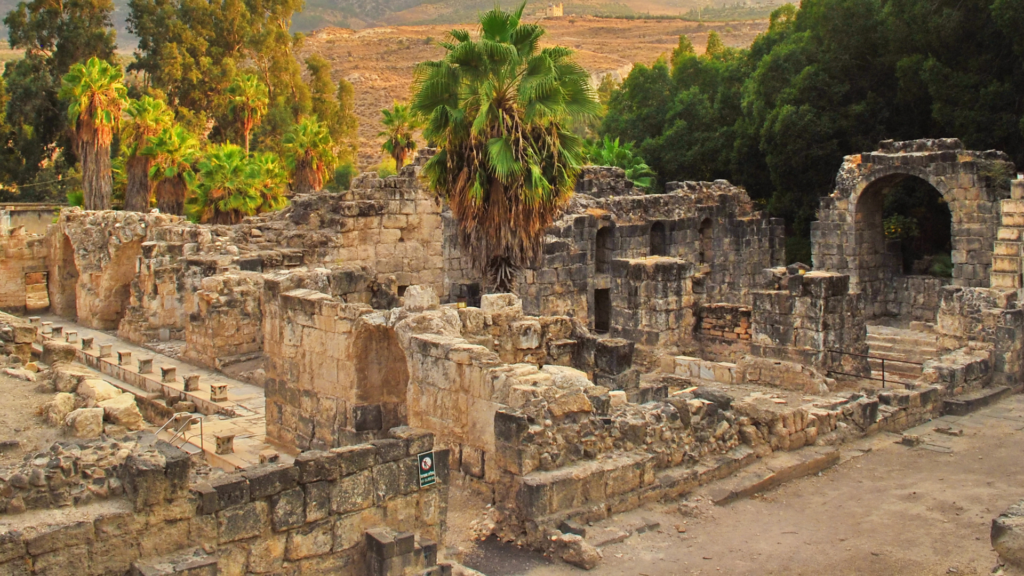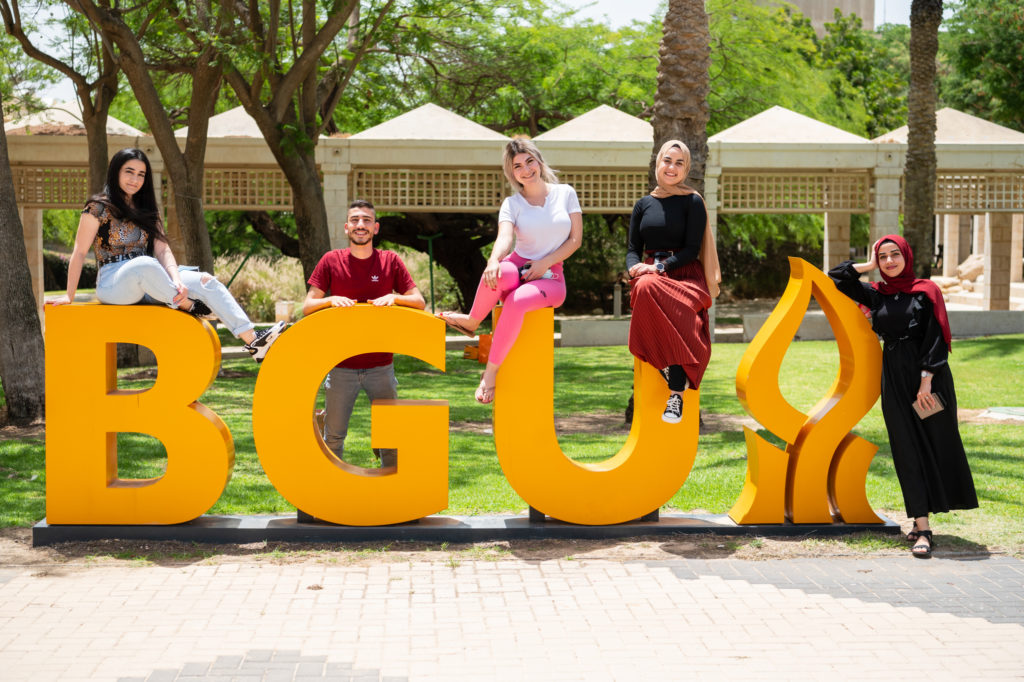
Seniors Surf Online for Sex Information
Seniors Surf Online for Sex Information
June 30, 2015
Press Releases, Social Sciences & Humanities
Older adults are using online communities to dish about the joys of sex and swap advice about keeping their mojos working, a new study by a Ben-Gurion University of the Negev researcher (BGU) has found.
 “Websites geared toward older adults are providing this population with new opportunities to discuss and explore its sexuality,” according to BGU’s Dr. Galit Nimrod and Dr. Liza Berdychevsky of the University of Illinois at Urbana-Champaign (U of I).
“Websites geared toward older adults are providing this population with new opportunities to discuss and explore its sexuality,” according to BGU’s Dr. Galit Nimrod and Dr. Liza Berdychevsky of the University of Illinois at Urbana-Champaign (U of I).
According to their paper, “Let’s Talk about Sex: Discussions in Seniors’ Online Communities” published in the Journal of Leisure Research, senior communities offer notable potential for helping people cope with the three primary sexual vulnerabilities that occur in later life: health issues and life circumstances that affect sexuality, difficulties communicating with health care providers about sex-related problems and limited access to sexual health information.
“Many older people preserve both a high interest in sex and a high involvement in sexual activities,” says Dr. Berdychevsky, who completed graduate and undergraduate studies at BGU and is now an assistant professor in the Department of Recreation, Sport and Tourism at U of I. “The popularity of sex-related discussions in seniors’ online communities suggests that in a reality of limited alternatives for open and direct sex-related communication, seniors are finding channels to satisfy their needs for information and support.”
Dr. Nimrod, an associate professor in BGU’s Department of Communication Studies and a research fellow in BGU’s Center for Multidisciplinary Research in Aging, and Dr. Berdychevsky conducted an online ethnographic study – or netnography – in which they examined discussions of sexual topics in 14 online communities geared to adults with a mean age of 64.5. Seven of the websites were based in the United States, four in the United Kingdom, two in Canada, and one in Australia.
The researchers leveraged an existing data archive of all the boards’ messages for a one-year period and filtered the posts using various keywords related to sex. While sex-related discussion threads were a small portion of these messages, the researchers found that the threads with sexual content were quite popular, with some posts viewed as many as 5,000 times.
The anonymity of cyberspace enabled some seniors to overcome shyness or embarrassment and share their uncensored thoughts about sex for the first time, according to their posts. For people who received little or no sex education during their youth, online consultations with peers enabled them to expand their sexual knowledge and overcome obstacles to sexual fulfillment.
Seniors’ discussions of sexual subjects were lively and wide-ranging, the researchers found, with participants swapping opinions and information about topics such as age differences between sexual partners, taboos, same-sex marriage, pornography, prostitution, and the use of sexual aids, toys and sex-enhancing drugs.
Some members wrote about how much they relished opportunities to engage in intellectual discussions about sex, and an especially popular topic was societal stereotypes about older adults’ sexuality, the researchers found.
Of particular interest was society’s lack of acceptance of sexuality in older adulthood, the reasons for this ageist view and the importance of changing it. Some participants recounted bad experiences when they attempted to discuss sexual problems with clinicians who ignored or dismissed their concerns, and other seniors disclosed they were too embarrassed to even initiate such conversations.
Other seniors reported that their sex lives and relationships offline were enriched as a result of their online activity, which emboldened them to talk more freely with their partners about their sexual needs and overcome hang-ups to try new sexual practices that they previously considered sinful or taboo.
“The most significant changes from these online sex-related communications were cognitive and emotional, including a greater sense of entitlement for sexual pleasure and fulfillment, loosened inhibitions and a better understanding of the self and others,” Nimrod says. “Members described various kinds of reappraisal that they achieved through online discussions, such as seeing sex differently or discovering strategies that affected – or had the potential to impact – their sex lives.”
ABOUT AMERICANS FOR BEN-GURION UNIVERSITY
By supporting a world-class academic institution that not only nurtures the Negev, but also shares its expertise locally and globally, Americans for Ben-Gurion University engages a community of Americans who are committed to improving the world. David Ben-Gurion envisioned that Israel’s future would be forged in the Negev. The cutting-edge research carried out at Ben-Gurion University drives that vision by sustaining a desert Silicon Valley, with the “Stanford of the Negev” at its center. The Americans for Ben-Gurion University movement supports a 21st century unifying vision for Israel by rallying around BGU’s remarkable work and role as an apolitical beacon of light in the Negev desert.
About Ben-Gurion University of the Negev
Ben-Gurion University of the Negev embraces the endless potential we have as individuals and as a commonality to adapt and to thrive in changing environments. Inspired by our location in the desert, we aim to discover, to create, and to develop solutions to dynamic challenges, to pose questions that have yet to be asked, and to push beyond the boundaries of the commonly accepted and possible.
We are proud to be a central force for inclusion, diversity and innovation in Israel, and we strive to extend the Negev’s potential and our entrepreneurial spirit throughout the world. For example, the multi-disciplinary School for Sustainability and Climate Change at BGU leverages over 50 years of expertise on living and thriving in the desert into scalable solutions for people everywhere.
BGU at a glance:
20,000 students | 800 senior faculty | 3 campuses | 6 faculties: humanities & social sciences, health sciences, engineering sciences, natural sciences, business & management, and desert research.
For all press inquiries, please contact:
James Fattal, J Cubed Communications
516.289.1496



